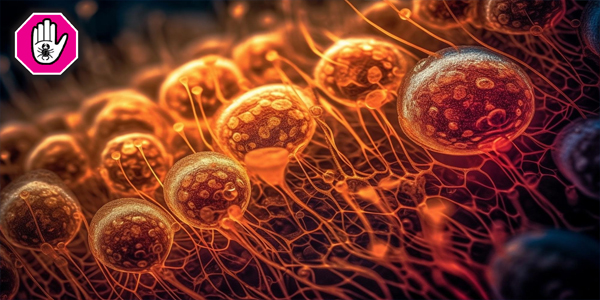The danger signals mentioned in your statement are important indicators that could potentially be associated with cancer. Recognizing these signs and seeking prompt medical attention is crucial for early detection and improved treatment outcomes. It’s important to note that while these symptoms may be related to cancer, they can also be caused by various other conditions. However, if you experience any of these warning signs persistently or if they are unusual for you, it is advisable to consult a healthcare professional for proper evaluation and diagnosis.
The danger signals mentioned are:
1. Persistent Sore: A sore in the mouth, on the lip, or on the tongue that does not heal within a few days, especially if you have risk factors such as smoking or ill-fitting dental plates.
2. Lumps or Masses: The appearance of new lumps or masses in any part of the body that was not present previously, especially in women.
3. Unexplained or Abnormal Bleeding: Bleeding from any body opening, such as coughing up blood, vomiting blood, passing blood in the urine, or rectal bleeding.
4. Persistent Indigestion or Change in Bowel Habits: Long-lasting indigestion or changes in bowel habits that are not easily explained by other causes.
5. Persistent Hoarseness or Cough: A persistent hoarseness or cough that lasts longer than usual, as it could be related to cancer in the larynx, respiratory passages, or lungs.
6. Unexplained Loss of Weight: Significant weight loss without a known cause, which could be linked to various health issues, including hidden cancer.
Early detection of cancer can significantly improve treatment outcomes and increase the chances of successful management. Regular medical check-ups, cancer screenings, and maintaining a healthy lifestyle can also play a vital role in cancer prevention and early detection.
If you suspect any of these danger signals or have concerns about your health, it is essential to seek medical attention promptly. Your doctor can perform a thorough evaluation, order necessary tests, and provide appropriate guidance and treatment based on your specific situation. Remember, early detection can save lives and enhance the chances of successful cancer treatment.


